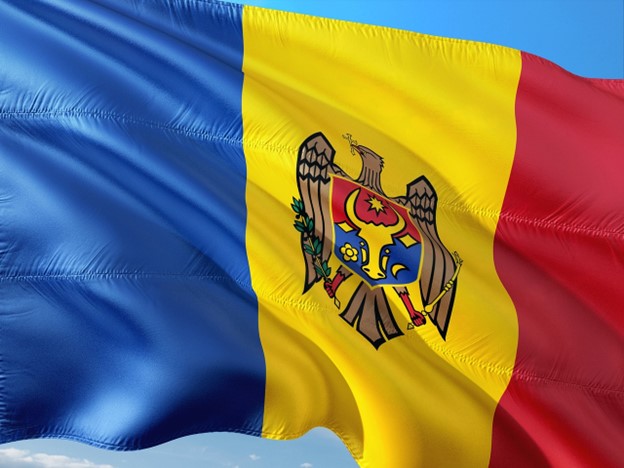War and politics are complex environments entangled in history, culture, and often leaders’ visions of grandeur. Vladimir Putin’s dream of creating a 21st century version of the former Russian Empire is complicated but not dead, despite the prolonged war in Ukraine. He continues to strategize how best to extend Russian influence throughout the region and retain former satellite states inside Russia’s orbit. In response to recent Moldovan moves to distance itself from Moscow, the Russian Ministry of Foreign Affairs (MOFA) issued a threatening statement opposing Moldova joining the European Union’s (EU) sanctions against the Russian Federation.
In the late November press release, Maria Zakharova, Press Secretary of MOFA, says that “the Moldovan decision will not go unanswered. Measures will be reported later….” This reflects Moscow’s two-pronged approach to block Moldova from breaking away from Russia, according to Paul Goble of the Jamestown Foundation. Moldovan President Maia Sandu had earlier angered Russia in May 2022 when she told the European Pariament “Crimea is Ukraine, the Donbas is Ukraine, Kyiv is Ukraine, and they always will be Ukraine.” Since that time Putin has increased economic pressure on Moldova to punish it for potentially following Georgia and Ukraine in leaving Russia’s Commonwealth of Independent States (CIS). A year prior, Sandu had suspended Moldova’s participation in CIS bodies, leading Russia to .
Putin appears concerned that Moldova’s break from Moscow and other Russian-dominated organizations could lead it to pursue membership in the EU and the North Atlantic Treaty Organization (NATO). A year ago, the European Daily Monitor reported that the Kremlin has actively sought to stop Moldovan integration with the West. Putin supported the breakaway republic of Transnistria and the Gagauz minority in opposing the government in Chisinau. Second, Moscow supported Moldovan pro-Russian parties and organizations, including the Russian Orthodox Church, says Goble. More recently, Putin is adding pressure by interfering with the country’s use of natural gas supplies. Moscow ordered that only the breakaway regions that voted for pro-Russian parties be given a reduced price on natural gas. By rewarding loyalists to Russia, Putin hopes to stop Moldova’s Western movement.
The move may not be successful, however, as it is generating a new wave of opposition to Putin, according to Goble, and increasing support for Sandu and her policies. He adds that this is especially so “if she can point to palpable benefits of increased Western support for her government and the country as a whole.” The country is facing natural gas supply prices that are 700% higher since Sandu assumed office. The cost of energy generated by the use of natural gas has risen 300%, and inflation, in general by 34%, according to RITM Eurasia. The population is completely dependent on the use of natural gas imports to heat homes and produce products. It appears Moscow’s strategy is working as pro-Russian politicians are gaining support this fall in several regional campaigns. The Russian-backed candidates are campaigning on their ability to get Moscow to lower energy prices.
“Sandu went so far as to say that she would take any “cheap gas” that came to Moldova as a result of the deal, transfer it to the government’s Energocom, and then distribute it not just to Gagauzia and the pro-Shor regions but throughout Moldova,” says Goble. It is an ongoing battle between Sandu and the Kremlin going into the winter months.
If the cheaper gas does not stay in the breakaway regions of the country, the Moldovan government can expect domestic conflict to occur exactly as hoped for by Moscow. With the government weakened, the Kremlin will be able to force Sandu to slow down her gestures toward the West. In the best-case scenario, Moldova moves back into Russia’s camp and breaks ties with the West to prevent total chaos in Moldova. Another option analysts in Washington are discussing this week is the possibility of the West providing natural gas supplies to the country to replace those sold to it by Russia. Putin will continue to stir up trouble in regions he sees as belonging inside the Russian sphere of influence. The political ambitions of Kremlin insiders are filled with twists and turns. It is not as simple as seizing Ukraine to provide Russia with a border region. Putin’s long-term, end goal is more grand than restoring the Soviet Union to its former status. The Russian ruler, like those before him, it an empire builder unwilling to give up on his vision.
Daria Novak served in the U.S. State Dept.
